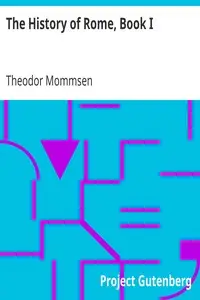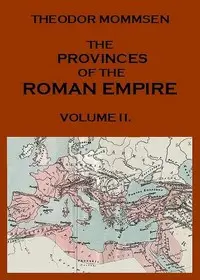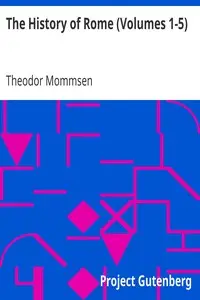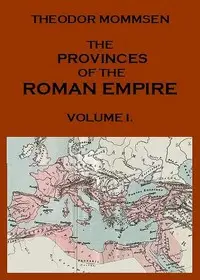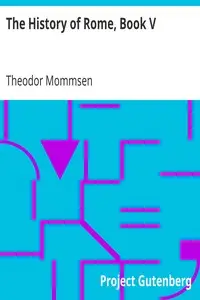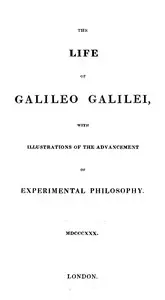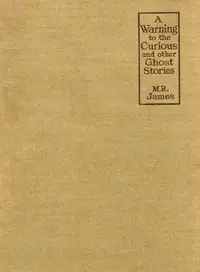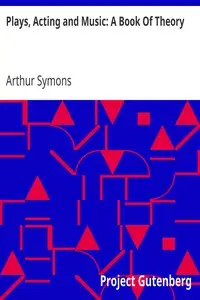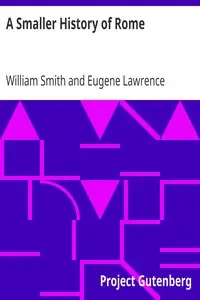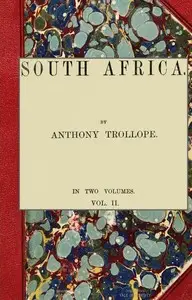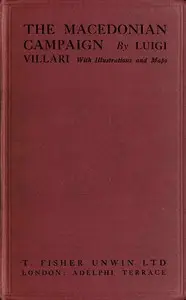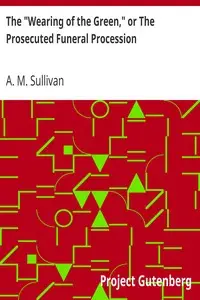"The History of Rome, Book II" by Theodor Mommsen is a historical account written in the late 19th century. This volume explores the evolution of the Roman Republic, specifically detailing the events from the abolition of the monarchy to the unification of Italy. Mommsen delves into significant political changes, social distinctions, and conflicts that influenced Roman history during this transformative period. At the start of the book, the narrative outlines the political and social dynamics of early Rome following the monarchy's downfall. It discusses how the Romans sought to limit the power of magistrates while addressing the inequality between different classes, including plebeians, Latins, and freedmen. The opening highlights the initial struggle to navigate political power and rights, focusing on key events such as the expulsion of the last Tarquin king, the transition to two annual consuls, and the emergence of classes within Roman society that played vital roles in the unfolding republican structure. This foundation sets the stage for the exploration of the evolving governance and societal challenges that Rome faced in its quest for unity and stability. (This is an automatically generated summary.)
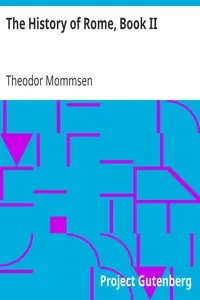
The History of Rome, Book II From the Abolition of the Monarchy in Rome to the Union of Italy
By Theodor Mommsen
"The History of Rome, Book II" by Theodor Mommsen is a historical account written in the late 19th century. This volume explores the evolution of the ...
Christian Matthias Theodor Mommsen was a German classical scholar, historian, jurist, journalist, politician and archaeologist. He is widely regarded as one of the greatest classicists of the 19th century. He received the 1902 Nobel Prize in Literature for his historical writings, including The History of Rome, after having been nominated by 18 members of the Prussian Academy of Sciences. He was also a prominent German politician, as a member of the Prussian and German parliaments. His works on Roman law and on the law of obligations had a significant impact on the German civil code.


